Interest Free Financing Up To 36 Months
WE DO NOT ONLY PUMP YOUR TANK - WE CLEAN IT!
Multiple Financing Options Are Available Up To 36 Months
Interest Free Financing Up To 36 Months
WE DO NOT ONLY PUMP YOUR TANK - WE CLEAN IT!
Multiple Financing Options Are Available Up To 36 Months
Living sustainably often includes composting, a natural process of recycling organic matter like food scraps and yard waste into a rich soil amendment. If you’re also a homeowner with a septic system, you may wonder whether composting and septic systems can work together or if there are risks involved. While composting and septic systems both rely on microbial activity to break down waste, they operate in very different ways and in separate environments. Knowing how one might affect the other is crucial to keeping your property eco-friendly and your septic system functioning properly.
In this blog post, our professionals from Septic Blue will explore whether you can compost with a septic system.
Before diving into composting, it’s important to understand how your septic system works. A septic system processes all wastewater from your household, including from toilets, sinks, showers, and laundry. It separates solids and liquids in a septic tank. Solids sink to the bottom to form sludge, while liquids drain into a leach field for filtration. Over time, sludge builds up and must be removed through regular septic pumping in Raleigh, NC. If solids overflow into the drain field, it can cause serious damage, requiring costly repairs and emergency septic service. Maintaining this balance is essential to the health of your septic system.
Composting is a natural process that transforms organic waste into nutrient-rich elements that can be added to gardens and flower beds. Unlike septic systems, composting is done above ground and relies on the right balance of green (nitrogen-rich) and brown (carbon-rich) materials, air, and moisture to break down properly. When done correctly, composting can reduce household waste, lower trash disposal costs, and enrich your soil without the use of chemical fertilizers.
The short answer is yes, but only if it’s done improperly. Composting itself is not harmful to your septic system, but problems arise when homeowners dispose of compostable waste down the drain or toilet instead of a compost bin. For example, coffee grounds, vegetable peels, and eggshells should never go into your garbage disposal or toilet if you have a septic system. These materials can increase the sludge in your tank, leading to more frequent septic cleaning and even blockages. A professional septic company can help you develop a routine maintenance plan if your system becomes overwhelmed due to misuse.
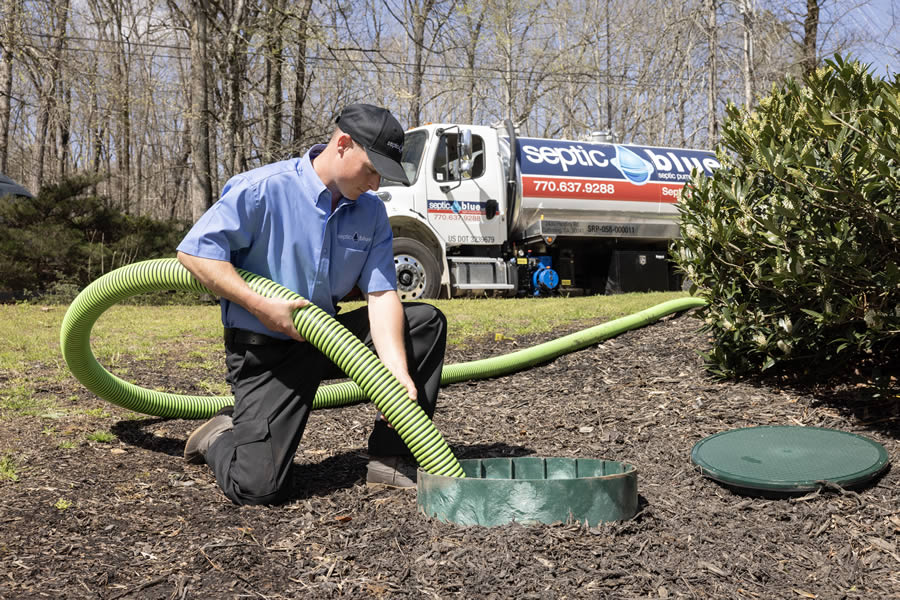
Septic tank pumping in Raleigh has never been so affordable and accessible thanks to the professionals at Septic Blue. We are…
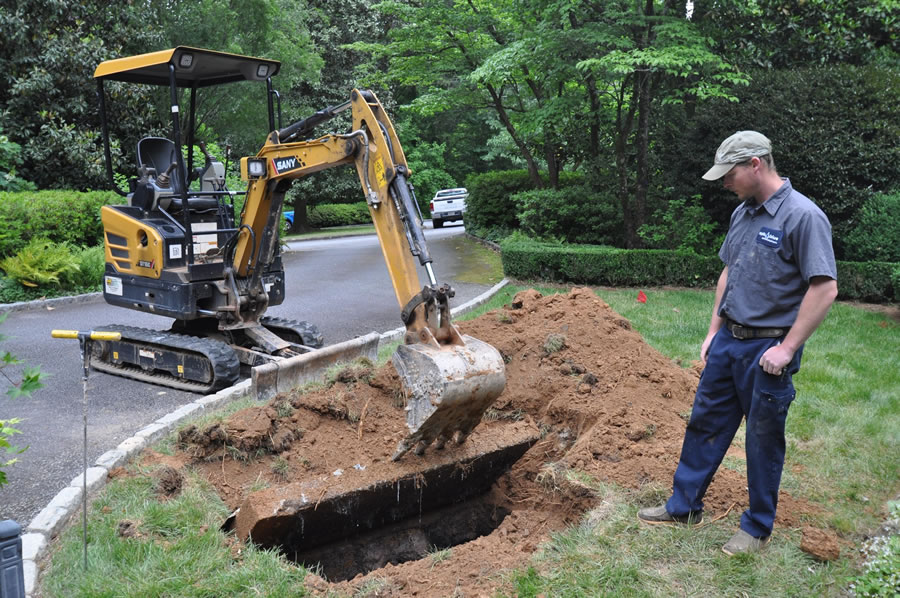
One quarter of Americans rely on septic tanks to process household waste. Most Septic Blue locations have septic tank experts who…
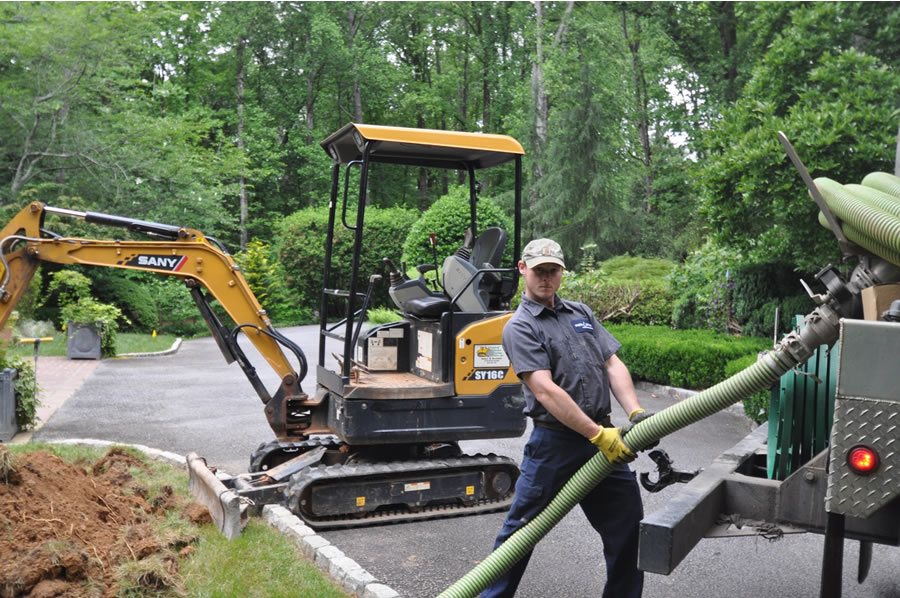
Call Septic Blue today for a second opinion. If you choose to go with Septic Blue, you'll receive $250 off your…
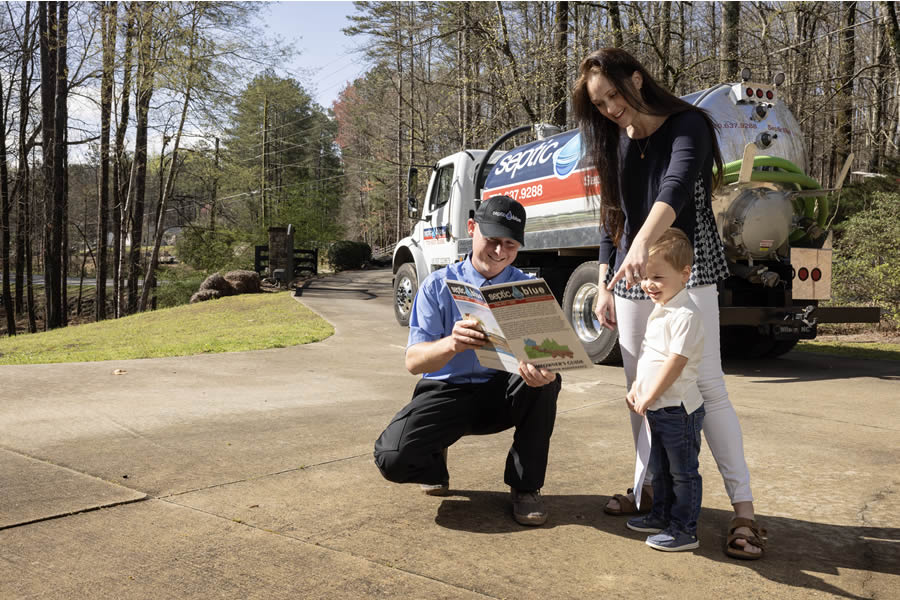
If you are a homeowner or resident in Raleigh that is among the 20 percent of households in the U.S. with…
Professional Saptic Plumbing solutions for every need. Contact Us Today!
The key to success is to treat composting and your septic system as two distinct waste management methods. Compost bins or piles should be placed far from your septic tank and drain field to prevent contamination. You don’t want leachate (liquid from decomposing compost) entering the septic system area, as it could affect the soil’s ability to treat wastewater. Moreover, composting toilets should not be confused with standard compost piles. These toilets process human waste and must be managed differently than traditional compost systems.
If you’re using both composting and a septic system, adopt some best practices to avoid trouble. First, always scrape food scraps into the compost bin, not down the drain. Limit the use of your garbage disposal or avoid it entirely if you’re on a septic system. Schedule regular septic pumping and cleaning appointments to ensure your system doesn’t get overloaded. It’s also a good idea to use biodegradable soaps and cleaners, as harsh chemicals can disrupt the bacterial balance in your tank, just like non-compostable materials can interfere with your compost.
Composting and using a septic system can coexist without conflict if you keep them separate and maintain each properly. Never use your drains or toilet as a compost bin, and make sure compost piles are set up far from your septic components. With regular septic cleaning and routine pumping, you can enjoy the environmental benefits of composting without compromising the efficiency of your septic system. When in doubt, consult a trusted septic company for advice tailored to your home’s needs. A well-maintained system, supported by smart composting habits, contributes to a cleaner environment and a healthier home.
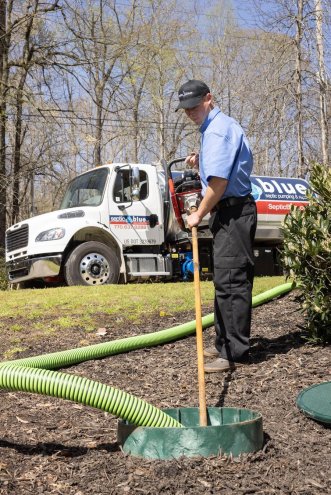
Septic systems play a critical role in protecting your home, health, and surrounding environment. Unfortunately, they're often misunderstood as systems that…
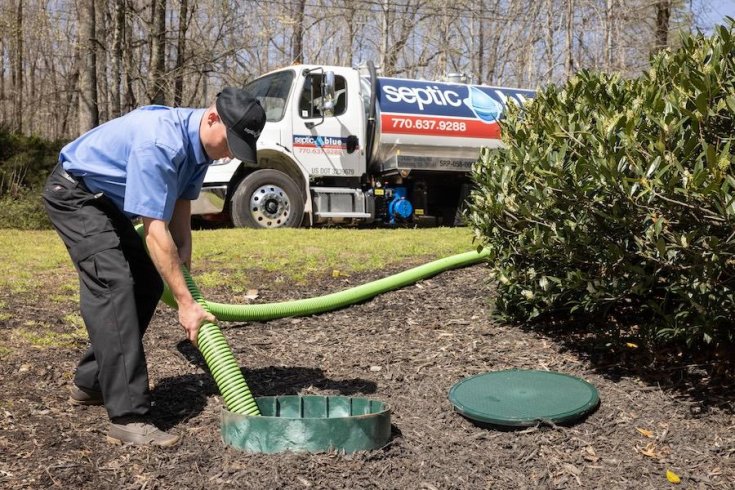
A well-maintained septic system supports daily life in ways that are easy to overlook, from dependable drainage to a healthy home…
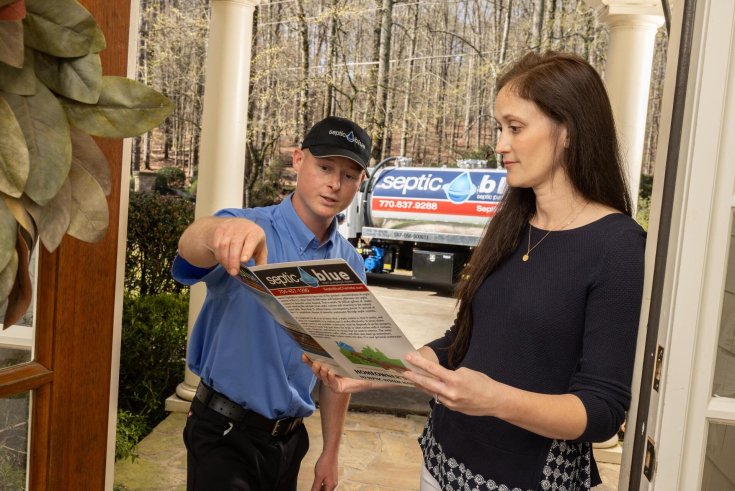
Septic systems are an essential but often misunderstood part of a rental or owned property, and confusion about responsibility can quickly…
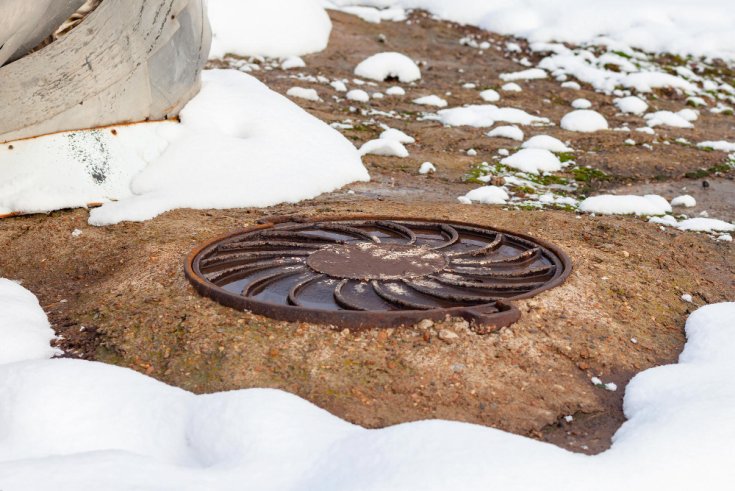
Cold weather places unique stress on your home, and your septic system is no exception. As temperatures drop, the ground hardens,…